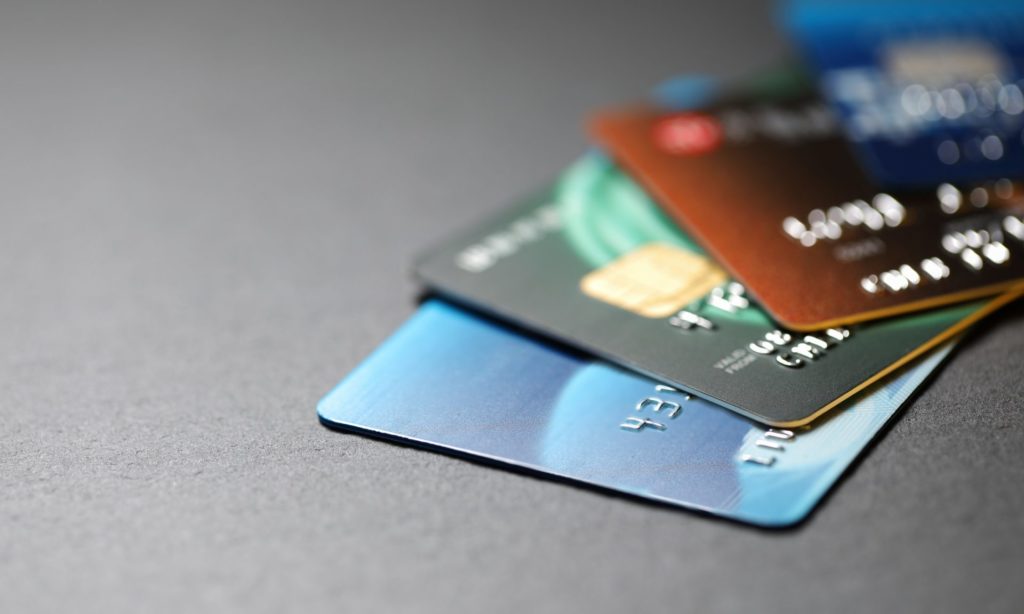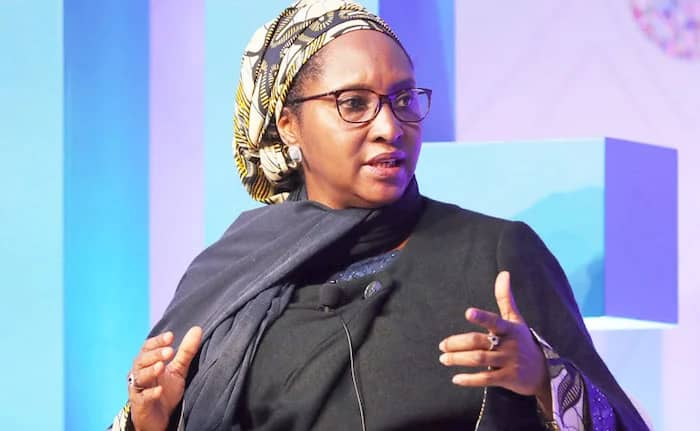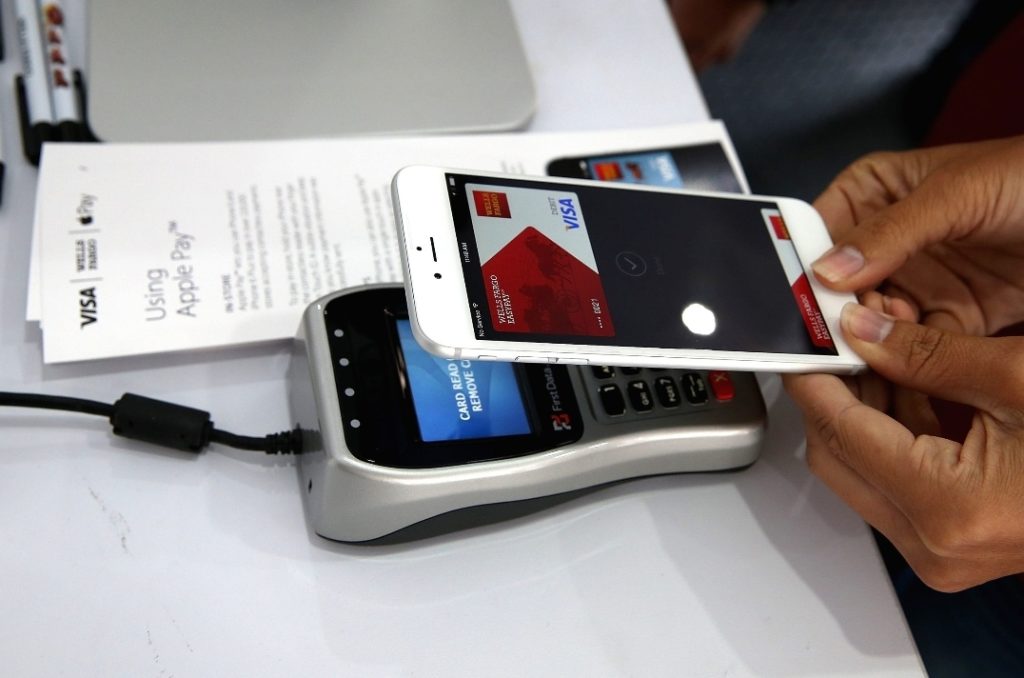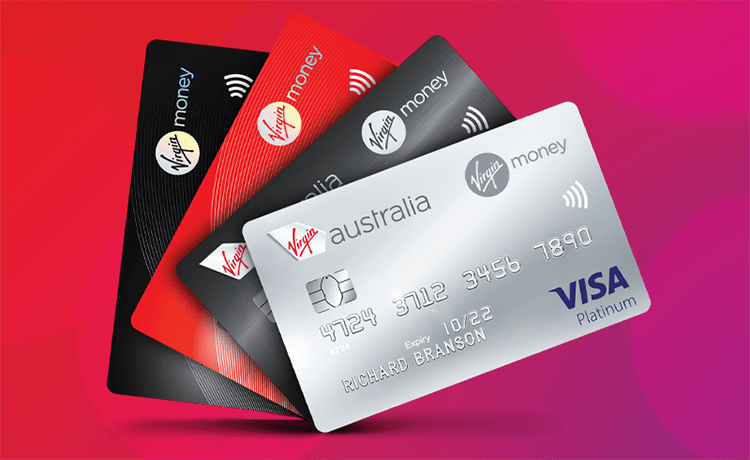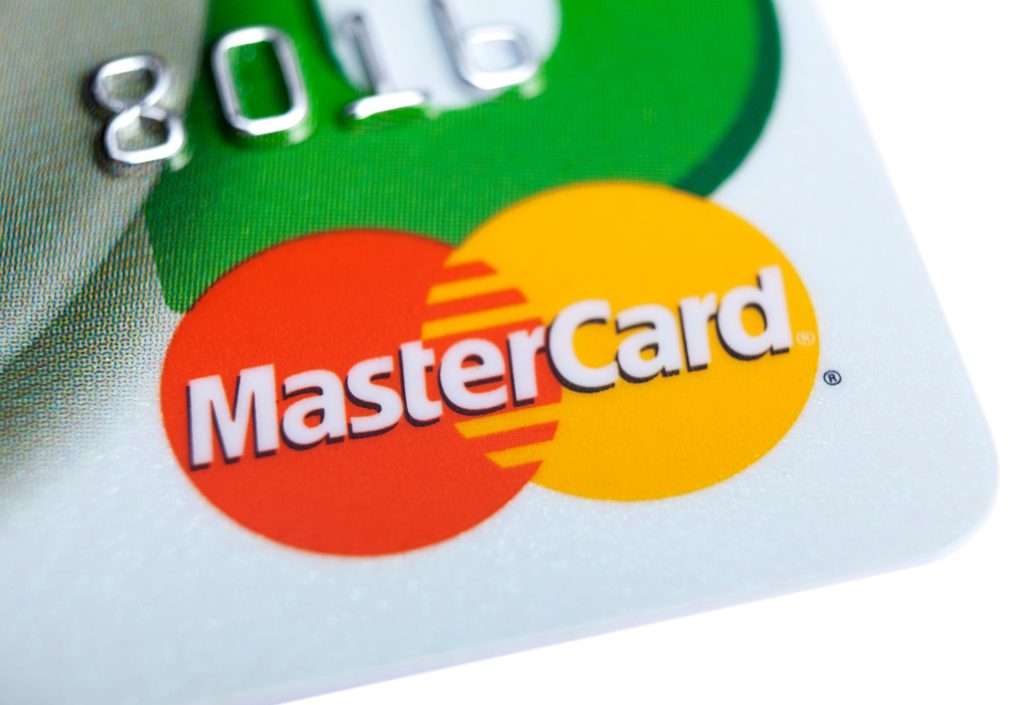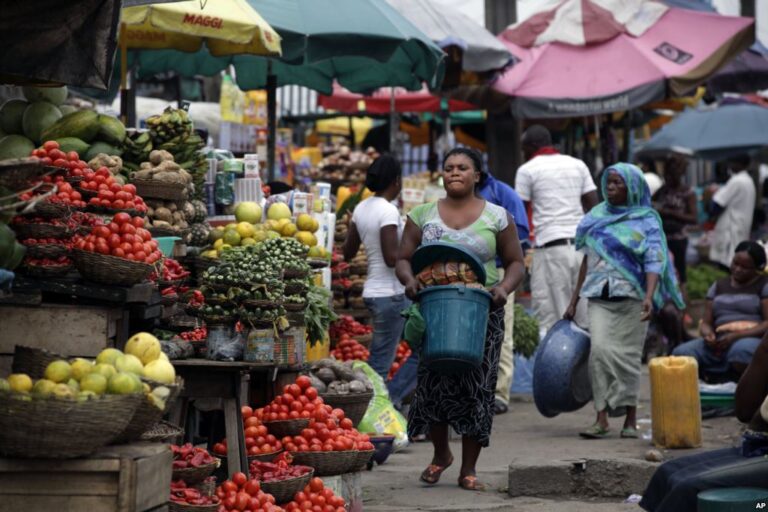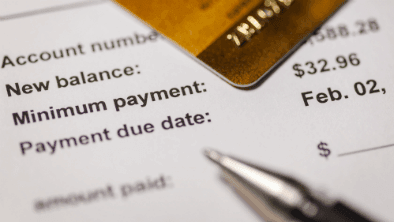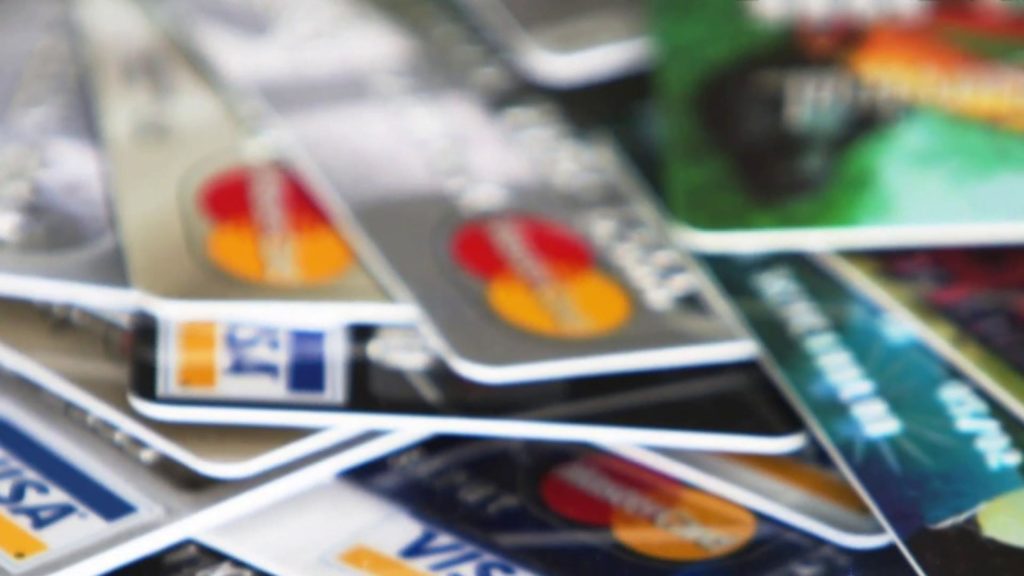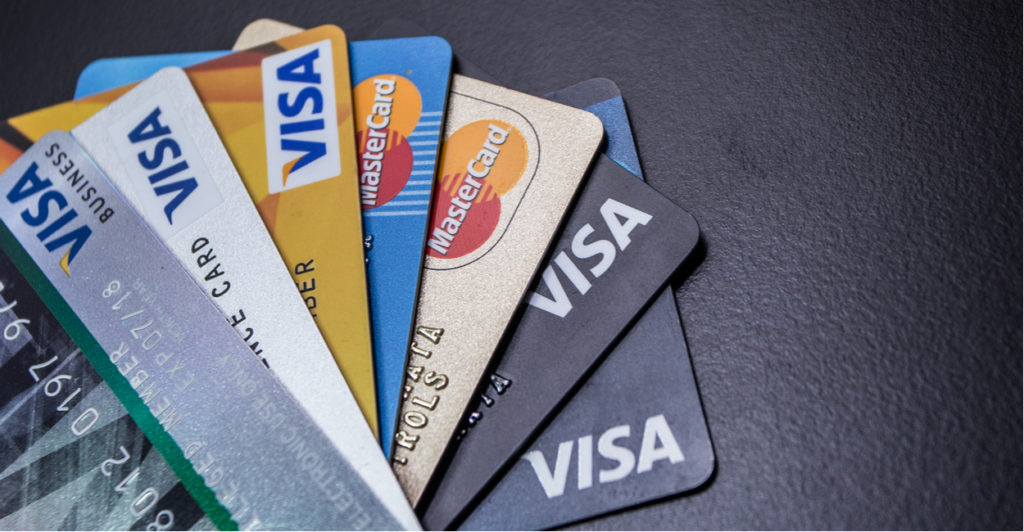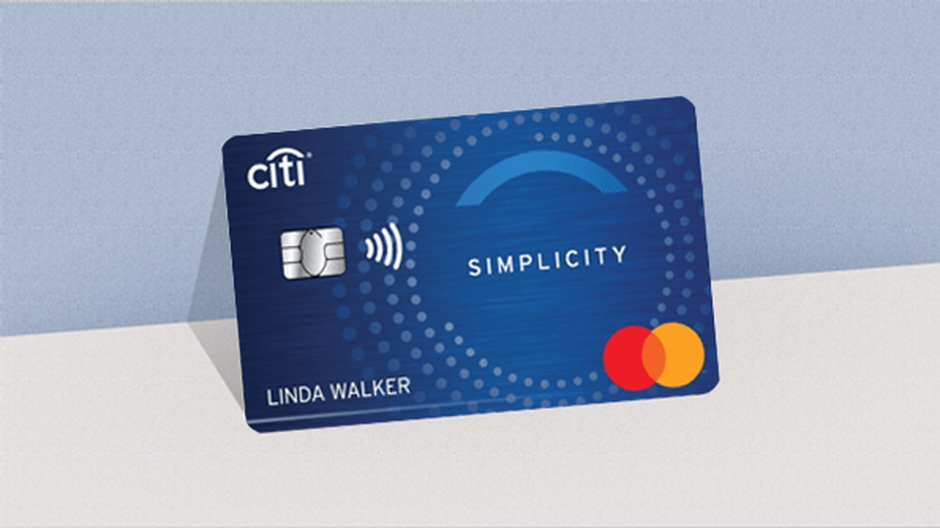A Guide on how Credit Cards work
Credit Cards can be a lifesaver especially when you find yourself in a dire financial situation. Think of the COVID-19 lockdown when people were not going to work or their respective business places, those with credit cards must have stayed afloat to some extent.
In order words, credit cards give you the chance to purchase items, pay bills, travel and do some other things. However, the money on the credit card must be repaid at a specific period based on the agreement with the issuer.

If you don’t pay on time, there will, no doubt be penalties that will have effects on your credit score. However, early repayment increases one’s chances of getting a higher credit limit.
Having a credit card comes with advantages and disadvantages which obviously is running into the murky waters of debts. Nevertheless, you can get a certain percentage of the amount you spend on items through a credit card cashback reward. Most credit cards have this feature.
How Credit Cards Work
Having a credit card at your disposal is like taking a short term loan to pay it back at a fixed time with an interest rate if you exceed the grace period to pay back what you borrowed.
Before an issuer gives you a credit card or before he gives you the loan, he checks for some factors like credit score which is one of the most important. This will determine how high or low you will get in terms of the loan. So if you have a good credit score, you are likely to get a higher loan, vice versa.
How credit cards work is quite different from debit cards about fraudulent activities. For instance, when someone steals your credit and uses the money on it, he is using your issuer’s money and you have the opportunity to report before your due date.
However, if the same scenario happens with a debit card, money is being withdrawn from the owner of the debit card’s checking account and it might a long while before he or she gets his money back.

How Credit Cards Work when purchasing items online or offline.
When you swipe your card at the payment terminal, an instant message is quickly sent to the issuer to confirm if it is a valid card or otherwise. The response of the issuer will determine whether or not your payment will be successful.
Once your credit card is inserted in a card reader at a retail store, the following details will be requested most likely; Zip code and your pin to process the transaction. However, if you are buying online, you will be requested to provide the following; card number, expiration date, security code, your name and billing address.
The transaction is deemed successful once it prints out a receipt to confirm but if not it is not successfully, you must have hit your credit limit or your card must have been blocked due to fraudulent activity.
Key terms to note on how Credit Cards work
1. Credit Limit
This is the amount of money you have on your credit card. For instance, if you have a $500 credit limit, you won’t be able to spend beyond that amount on purchases. If you purchase $50 your available credit goes down by that amount which means your available credit will be $450.
2. Balance
This is the amount you have spent on the credit card which you have not spent. If you have spent $1000 on purchases without paying them off, your credit card balance will be $1000. It is also known as credit card debt.
3. Finance Charge
This is the amount you will be charged in the process of applying for credit and also paying off a loan. Any cost incurred beyond the amount you borrow can be referred to as a finance charge.
4. Interest Rate
This is the annual rate paid for borrowing money on your credit card. When you fail to pay off your full balance from a previous billing cycle, you will be charged interest on the available balance. For instance, if your balance is $500, you will have to pay the amount in full to avoid being charged any interest.
5. Annual Percentage Rate (APR)
The APR is the annualized percentage rate that is charged every month. It is the amount you will pay for borrowing money. For instance, if an issuer advertises an APR of 20%, a monthly interest rate of 1.6% of your outstanding balanced will be added to the amount owed.
6. Billing Cycle
The period in which you can make purchases. When this period elapses, you will be sent a bill which you will have to pay off within a given period usually a month or thereabout.
7. Available Credit
The amount of money available on your credit line which you can spend before you hit the limit. For instance, if your credit card comes with a limit of $500 and you have spent $350, it means that your available credit will be $150. However, if you pay back the $350 your limit will go back to $500.
Four Major Types of Credit Cards
1. Secured Credit Cards
A secured credit card is backed by a cash deposit made by the cardholder. The cash deposit is like collateral which serves as a backup for the cardholder if he is unable to pay up his balance at a point in time.
The cash deposit you make is usually equal to the credit limit you will get. This means that if you pay a cash deposit of $500 to the issuer, your credit limit will be the same amount.
People with bad or no credit history usually apply for this kind of credit card. With this kind of card, the issuer is less at risk because if you are unable to pay your bill, the issuer will gladly take the money from your deposit.
However, your initial deposit will be intact and you will get it back if you pay your bill on time and you will also qualify for an unsecured card where you won’t have to pay a deposit.
2. Reward Credit Cards.
If you use the card responsibly, pay your bills on time, maintain a good credit history, you will be rewarded. Some of the rewards include; cash back, statement credits among others. However, you won’t get these rewards immediately you start using the card.
There are credit cards for students, businesses among many others.
How to Get a Credit Card
You have to apply on the issuer’s website. You will be required to provide basic information which most often than not includes your social security number.
Then the issuer checks your credit score to see if it meets the requirement, if it does, the credit limit you will get will be equivalent to what your credit score reads.
If your credit score doesn’t meet the issuer’s expectation, you will be denied. But do not despair, you can get some credit cards if you have a low credit score or you don’t have one at all. Read more here
You can read more about how Credit Cards work here

